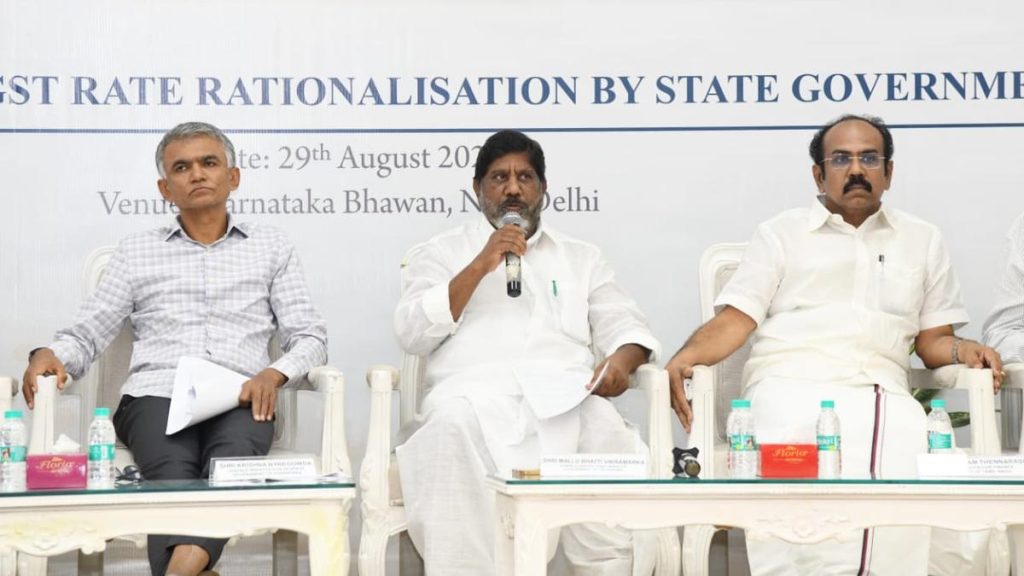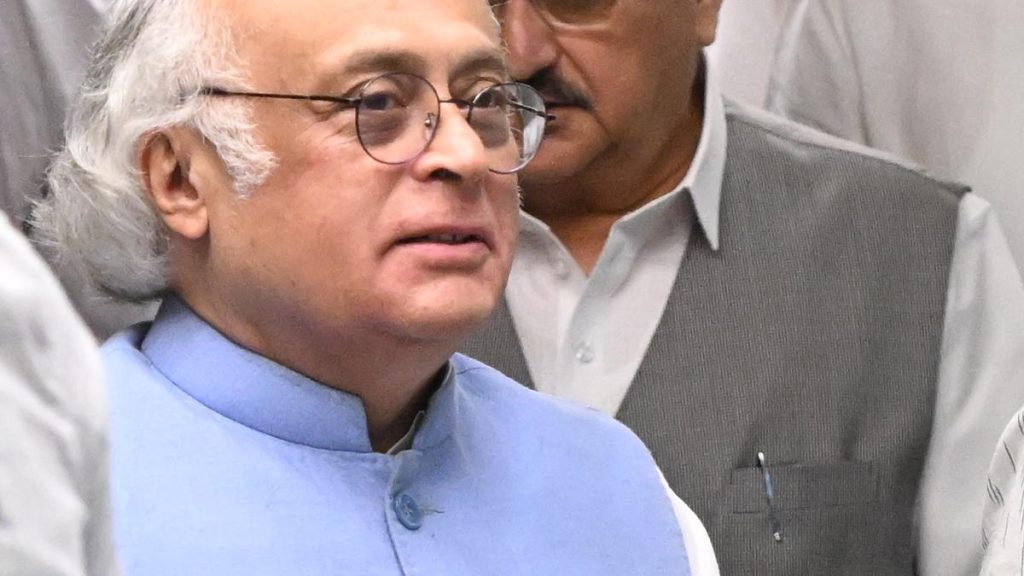Now Reading: Patanjali Foods Files Petition in Bombay High Court Over Raigad Land Dispute
-
01
Patanjali Foods Files Petition in Bombay High Court Over Raigad Land Dispute
Patanjali Foods Files Petition in Bombay High Court Over Raigad Land Dispute
Quick Summary
- Patanjali Foods Private limited has filed a petition in the Bombay High Court against alleged illegal encroachments on its land at Patalganga, Khalapur taluka of Raigad district, Maharashtra.
- The company seeks directives to the Maharashtra government and local authorities for the removal of unauthorized structures built on this land.
- Eight respondents, including state authorities such as the Special Planning authority, Tehsildar, chief engineer, and deputy executive engineer, have been named for failing to prevent or take action against encroachments.
- Specific individuals are accused of constructing unauthorized structures: Sunil Malsure (alleged political office), Mayur Ravindra Devghare (hotel), and Sudesh Khandagale (tire puncture repair shop).
- Advocate Apoorv Srivastava representing Patanjali cited inaction by authorities despite multiple complaints through meetings and written representations.
- The company claims that illegal activities threaten factory operations,worker safety,and its infrastructure. An air-filling machine at the tyre repair shop is highlighted as a particular hazard for nearby factory machinery and personnel.
- The matter is expected to be heard by Justices Girish Kulkarni and Arif Doctor in an upcoming urgent hearing.
Indian Opinion Analysis
The dispute highlights significant challenges businesses face regarding land security amidst administrative inertia toward curbing unauthorized occupations in India. Patanjali’s step to directly approach the court underscores frustrations linked with prolonged governmental non-responsiveness even after formal complaints were raised repeatedly by stakeholders.
If substantiated by evidence during proceedings, these allegations could raise wider questions about accountability among local officials responsible for preventing encroachments. This case also brings into focus industrial growth tensions – balancing local livelihoods with big-private sector rights over legal assets like private lands.
For industries like Patanjali Foods operating critical manufacturing ecosystems-which must adhere strictly regulatory environments-failure resolving compactly won’t just their disrupt productivity chain/margin-wise/hazards
























